Samuel Hume, Scientist at University of Oxford, shared a post on X:
“Biggest medical discoveries of the week.
1. The first combined face and eye transplant.
The eye was viable and, although the patient didn’t regain full vision, this work could pave the way for sight restoration by transplant in the future.
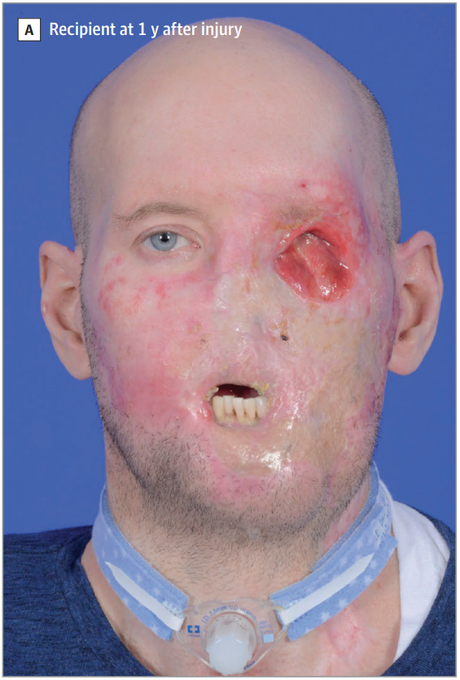
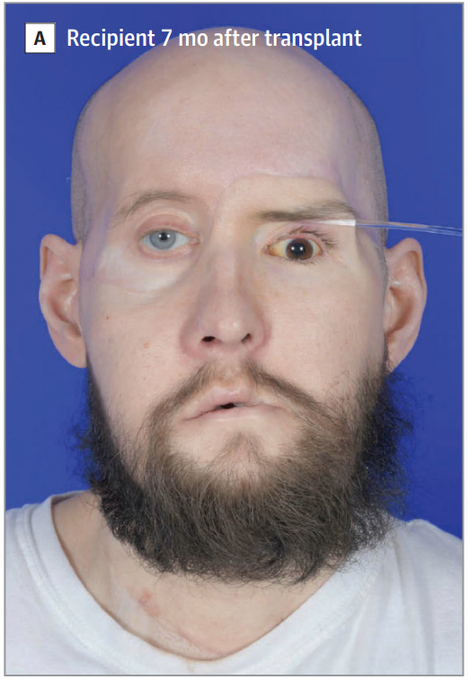
2.Loss of weight and muscle (cachexia) can happen in cancer, but there are no dedicated drugs to treat it.In this phase 2 trial, a mAb against GDF-15 (which drives cachexia) increased weight, muscle mass, and activity in cancer patients with cachexia.
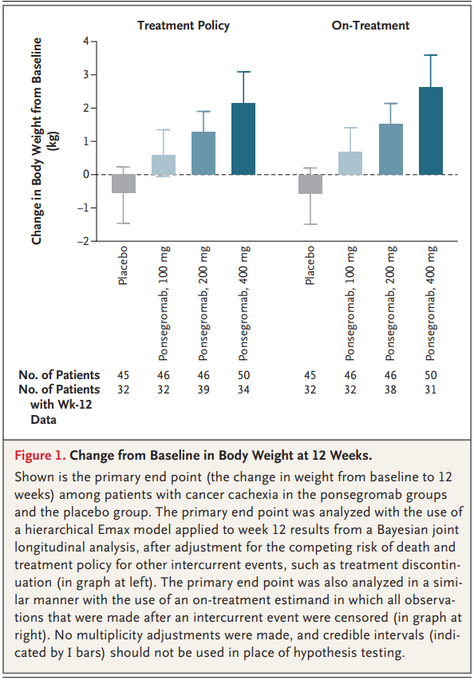
3. Autophagy slows aging by breaking down old proteins and organelles – this paper shows that autophagy also helps to repair DNA This video shows a DNA lesion (in the box) transfer from the nucleus, to the lysosome (blue), for degradation by autophagy.
4.Most type 1, and some type 2 diabetics, are dependent on daily insulin injections to control their blood sugar . These phase 3 trials for daily (degludec) vs. weekly (efsitora) insulin, in type 1 (left) and 2 (right) diabetes, found that once-weekly insulin was just as good as daily insulin to control HbA1C There were more episodes of hypoglycaemia with weekly insulin in type 1 diabetes (so the dosing regime will need optimisation) but this could reduce 365 yearly injections to 52.
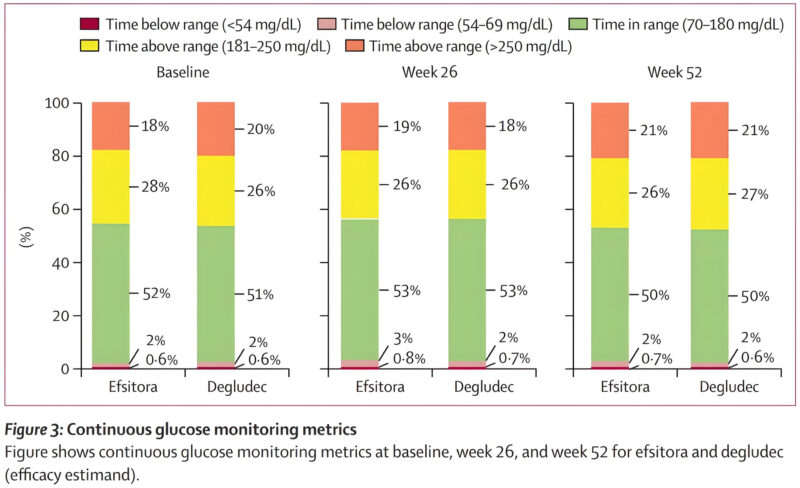
5. ~50% of patients with severe asthma have high levels of blood eosinophils – a response driven by interleukin 5. These phase 3 trials of Depemokimab, an ultra-long-acting, twice-yearly anti-IL5 mAb, reduced exacerbations in severe eosinophilic asthma.
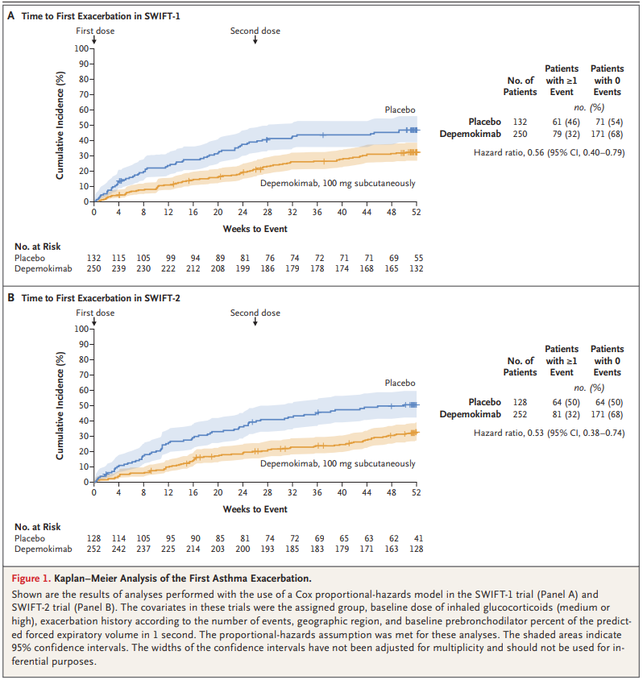
6. A comprehensive analysis of menopause genetics, including discovery of genes – like ZNF518A – whose mutation shortens reproductive lifespan by >5 years These findings could (for example) form the basis of a test to predict age of menopause.
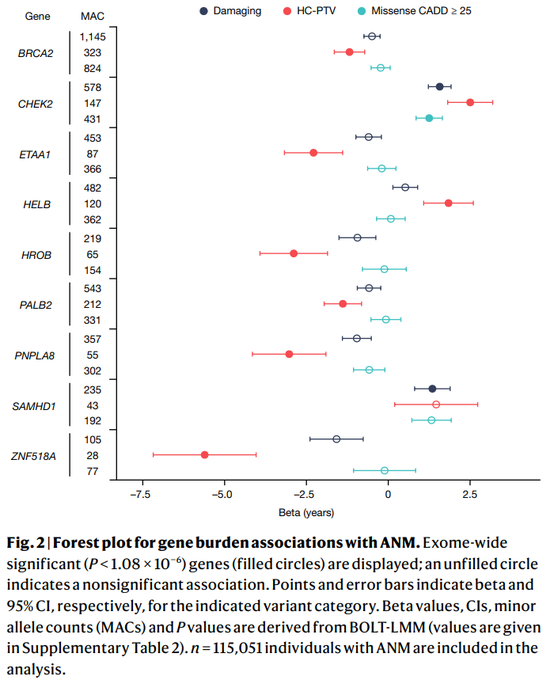
7.Discovery of a long-lasting mAb that agonises NPR1 – the receptor for natriuretic peptides (like BNP) in heart failure In healthy humans, the mAb causes venodilation and reduces blood pressure, and could fill a gap in heart failure management.

8.Metformin – the first-line drug for type 2 diabetes – boosted cognition and slowed brain atrophy in a small study of non-diabetic old male monkeys This figure shows frontal lobe thickness: Y, M, O are young, middle-aged, old, and Met is Metformin.
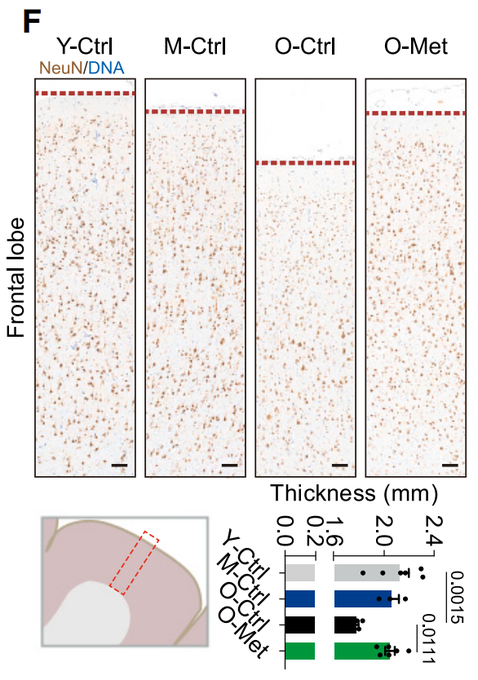
9.Puerarin, from the Radix puerariae plant, causes fat loss by reducing its absorption in the small intestine (in mice!) Puerarin does this by binding to the GABA a receptor in the brain – and causes weight loss possibly without loss of muscle mass.

10.Despite their importance, how haematopoietic stem cells are controlled isn’t fully understood This paper shows how it happens: an ‘eat me’ signal competes with a ‘don’t eat me’ signal, to control whether HSCs are consumed (white) by macrophages.”
Thanks for reading! These are just 10 of the papers from this week – let me know if I’ve missed anything.”
Source: Samuel Hume/X


